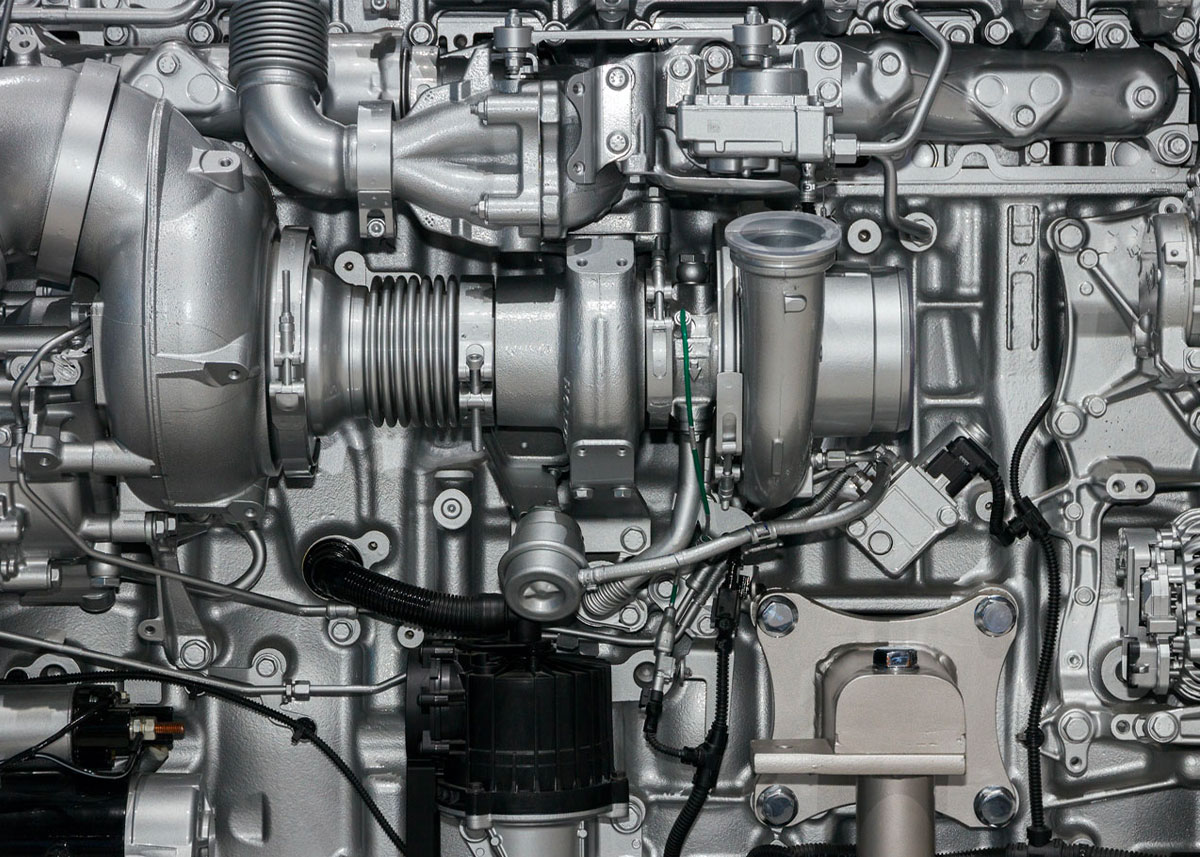Customer Evaluations: Why Engines For Africa Sticks Out
Wiki Article
Discover a Wide Range of Engines for Every Car and Function
The automotive landscape is significantly complicated, with a diverse variety of engine types made to satisfy specific efficiency and effectiveness demands across numerous lorry classifications. Additionally, durable engines serve the requirements of work automobiles, while environmentally friendly choices are acquiring grip in the pursuit of lasting transportation.Kinds of Automotive Engines
Automotive engines can be classified into numerous distinct kinds, each designed to satisfy details performance and effectiveness needs. The most usual categories include inner combustion engines, electric engines, and crossbreed systems.
Electric engines, on the various other hand, operate electrical power stored in batteries, supplying instant torque and no exhausts. These engines are ending up being increasingly prominent as a result of improvements in battery modern technology and the growing focus on sustainability.
Hybrid systems integrate both inner combustion and electrical engines, enabling vehicles to optimize fuel effectiveness and reduce emissions by perfectly switching between power resources. Each engine kind presents its negative aspects and advantages, influencing elements such as automobile layout, intended use, and market demand. Comprehending these distinctions is critical for manufacturers and consumers alike when choosing the proper engine for their details needs.
Efficiency Engines for Sports Cars
Efficiency engines for sporting activities cars are specifically engineered to deliver enhanced dexterity, speed, and power, setting them apart from basic automobile engines. These engines frequently utilize advanced modern technologies such as turbocharging, turbo charging, and variable shutoff timing to make the most of efficiency and responsiveness.Generally, performance engines are made with greater compression ratios, which allow for better power extraction from fuel. This causes remarkable horse power and torque figures, making it possible for quick acceleration and higher full throttle. Additionally, the light-weight products used in these engines, such as light weight aluminum and carbon fiber, add to reduced total automobile weight, enhancing handling and ability to move.
Engine setups like V6, V8, and also hybrid systems prevail in performance cars, each offering distinct advantages in terms of power distribution and driving dynamics. The adjusting of these engines is also crucial; lots of manufacturers maximize the engine management systems to supply a thrilling driving experience, often consisting of sporting activity modes that readjust throttle response and gear changes.
Efficient Engines for Daily Commuters
In the world of day-to-day commuting, reliable engines play an essential duty in optimizing gas economic situation and lessening exhausts while offering trusted performance. As metropolitan populations expand and ecological concerns increase, the need for automobiles geared up with effective powertrains has actually risen.Modern engines made for day-to-day commuters commonly include technologies such as turbocharging, direct fuel injection, and crossbreed systems. Turbocharging boosts engine performance forcibly more air into the combustion chamber, enabling smaller sized, lighter engines that do not endanger power result. Direct fuel injection improves fuel atomization, resulting in better combustion and boosted performance.
Crossbreed engines, combining internal combustion with her explanation electric power, further augment fuel economy, particularly in stop-and-go traffic, where conventional engines can experience from ineffectiveness. Electric electric motors help during acceleration and can operate independently at reduced rates, lowering total gas usage.
Additionally, improvements in engine administration systems and lightweight materials add significantly to reliable engine layout. By concentrating on performance, sturdiness, and environmental sustainability, manufacturers continue to supply engines that not just satisfy the demands of daily commuting but also straighten with international efforts to reduce carbon impacts.
Heavy-Duty Engines for Work Vehicles
Sturdy engines for job cars are routinely crafted to provide extraordinary torque and reliability under requiring conditions. These engines are designed to execute in atmospheres where conventional engines might falter, such as construction websites, logging operations, and farming settings. The key focus of sturdy engines is their capability to create high levels of power while keeping toughness over extended durations of operation.Commonly, durable engines make use of sophisticated products and robust building and construction techniques to hold up against the rigors of hefty workloads. Functions such as enhanced cylinder blocks, boosted cooling systems, and progressed gas injection modern technologies add to their efficiency. These engines frequently run at reduced RPMs, which helps to maximize fuel performance while offering the essential power for hauling and hauling.
Along with mechanical robustness, durable engines are typically equipped with sophisticated electronic control devices (ECUs) that take care of performance, emissions, and diagnostics. This combination enables far better monitoring and maintenance, click for info making sure that job vehicles remain effective and functional.
Inevitably, heavy-duty engines are a vital part in the performance of numerous sectors, providing the necessary power and reliability to tackle the most difficult of tasks.
Eco-Friendly Engine Options
The growing emphasis on sustainability has resulted in the advancement of green engine options that focus on reduced discharges and boosted gas performance. image source These engines are developed to reduce the environmental effect of cars while still delivering the performance and dependability expected by customers.Amongst the most noteworthy eco-friendly choices are electric and hybrid engines. Crossbreed engines incorporate standard internal combustion engines with electrical propulsion, enabling reduced fuel usage and reduced greenhouse gas discharges. Electric engines, on the various other hand, operate completely on battery power, generating zero tailpipe exhausts and contributing to cleaner air top quality.
Another appealing development is the advancement of biofuel engines, which utilize renewable sources, such as plant materials, to power cars (Engines For Africa). By utilizing biofuels, these engines can decrease reliance on nonrenewable fuel sources and reduced overall carbon footprints

As the automobile sector progresses, green engine alternatives will play an essential duty in driving the shift in the direction of even more lasting transportation solutions.
Final Thought
From high-performance engines that enhance sports cars and truck capabilities to efficient versions focusing on gas economy for daily commuters, each type serves a certain feature. Sturdy engines provide to durable job vehicles, while eco-friendly options, such as electric and biofuel engines, promote sustainable transportation.
Report this wiki page